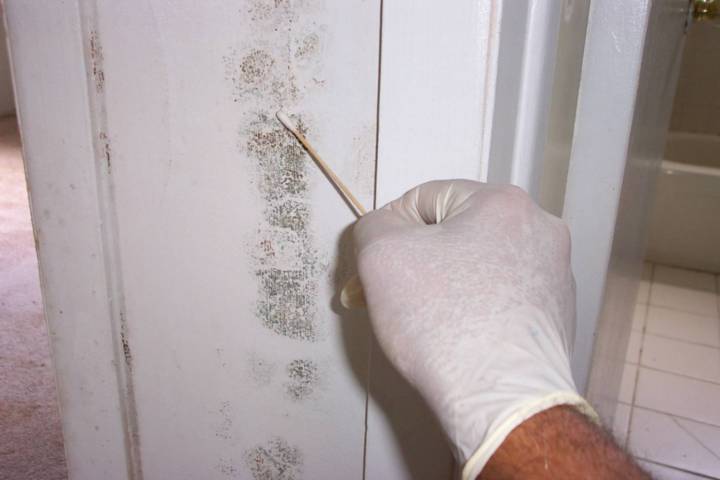Whether you’re thinking of purchasing a home and believe it may have a mold problem, or you’re noticing signs that your own home may have mold after an issue like flooding or water damage, a mold test from a qualified home inspector is essential.
Mold testing allows you to check for potentially harmful mold, such as black mold, which can hide inside walls and in damp areas, and often go undetected for months or years. Learn more below, and see why mold testing is so important.
What Is Mold Testing, And How Does It Work?
There are a few different types of mold testing, and they all work in a slightly different way. Air testing may be used to collect spores from the air in your home.
In other cases, a sample of an area where you suspect there may be mold might be removed, and sent in for lab testing. Other methods of mold testing include tape samples and swab samples, which are used to collect spores from a surface suspected of harboring mold. A home inspector will be able to help you understand which option is right for you.
Regardless of the method used to collect samples, your samples will be sent to a laboratory where they can be examined closely to detect the presence of even the smallest mold spores, ensuring that the test is as thorough and comprehensive as possible.


